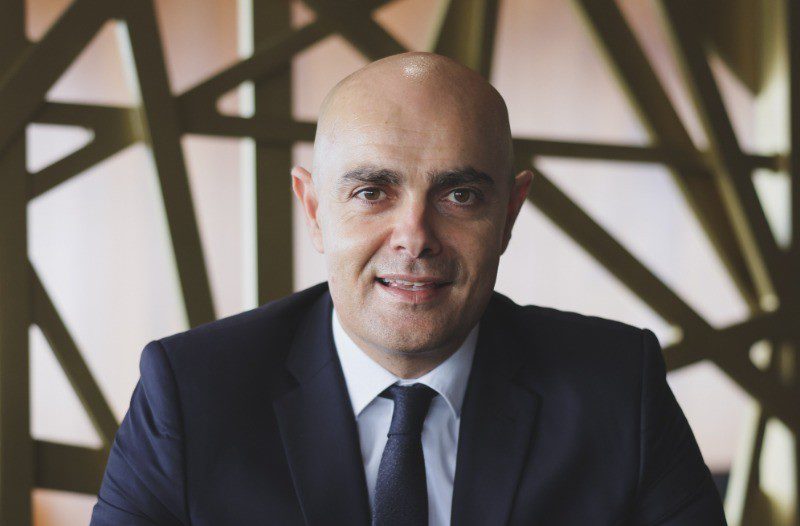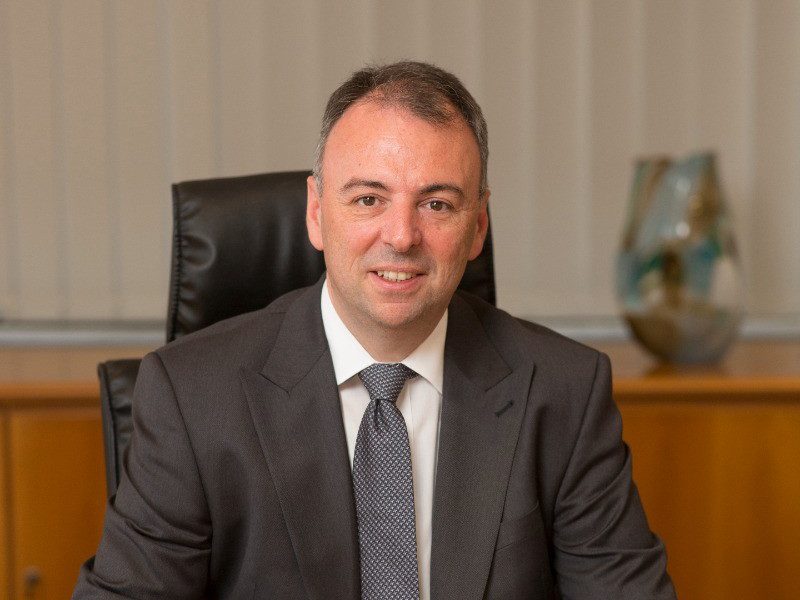Malta is expected to maintain a high pace of employment and population growth over the next two years, a report from the European Commission stated on Wednesday.
The commission recently published its Autumn 2023 economic forecast, predicting that economic activity in the EU will gradually recover over the next few years, with inflation set to continue going down. This is pitted against an economic slowdown, largely due to high cost of living and increased interest rates.
For Malta, the European Commission anticipates economic growth to moderate from 6.9 per cent in 2022 to four per cent in 2023, with the effects of the post-COVID-19 pandemic consumption and investment rebound expiring. Net exports are poised to be the main contributor to GDP growth in 2023, with consumption taking over as the main driver in 2024 and 2025. Real GDP is set to be maintained at four per cent in 2024, accelerating slightly to 4.2 per cent in 2025.
The commission expects Malta’s economy to maintain a “high pace of employment and population growth” over the coming years. These have been noted as key factors in driving the outlook for consumption, despite what is expected to be a “weak recovery” in real wages – employees’ purchasing power.
Businesses in Malta have felt the brunt of inflation over recent years, with rising prices prompting employees to request higher salaries. Studies have found that in the past year, 56 per cent of businesses have faced higher wage inflation than price inflation registered in Malta.
When coupled with the news that the cost-of-living adjustment (COLA) for 2024 will amount to €12.81 per week, drastically more than the already-high €9.90 in 2023, this is cause for concern for employers, particularly in order to avoid a possible “wage-price spiral”.
Malta’s unemployment rate dropped down to 2.9 per cent in 2022, and it is expected to continue falling to 2.7 per cent in 2023, 2024 and 2025. Additionally, the labour force is set to continue growing at a “robust pace” in 2024 and 2025, according to the European Commission, in line with population growth.
Earlier this year, Finance Minister Clyde Caruana had claimed that in order to maintain Malta’s current economic growth rate, the population must grow by 55 per cent to 800,000 in the next 17 years. Government is working on a new economic model in order to address this challenge, focusing on productivity rather than numbers, allowing Malta to remain competitive amidst local and international challenges.
The commission expects Malta’s population growth to largely come from its appeal to foreign workers.
Businesses have struggled with labour shortages in recent years, with workers demanding significantly higher wages, pushed by cost-of-living challenges due to inflationary pressures. This has led to organisations to look for talent from outside of Malta, particularly third-country nationals (TCNs), a reliance that Government has pushed to stray away from, especially since many end up getting exploited.
One measure that is set to be implemented in 2024 is the requirement of a skills card for non-EU workers seeking employment at hotels, bars and restaurants. Under the plan, TCNs applying for a visa to work within the tourism sector will need to pass an initial skills card assessment before their visa and work permit applications are processed. The mandatory training course and assessment will come in at €450, with applicants also required to pay an additional €125 for an in-person assessment they need to undergo in Malta.
A survey from misco, released last month, found that three in every four businesses are struggling to keep up with rising salary demands together with challenges related to the recruitment of experience and qualified workers. Salaries rose across all sectors in Malta, with an average increase amounting to 5.4 per cent.
Joanne Bondin, Director at misco, had said that labour shortages have resulted in companies to increase salary packages, offer more benefits, and “go to extraordinary lengths to offer flexibility and retain their employees”, in turn, “bolstering inflation”.
MIA to focus on ‘bolstering infrastructure’ in next months to handle rise in passengers – CEO
MIA expects to welcome 8.45 million passengers by the end of the year, a sharp increase from the 7.8 million ...
Elmo Insurance Limited COO Anthony Cauchi appointed as an Executive Director
The company described the move as a ‘significant milestone’.
CEO Alex Montebello welcomes 15,000 TEU containership to Malta Freeport Terminals
CMA CGM’s Greenland, built in 2022, is 366 metres long and 51 metres wide.
Malta has a good environment to ‘continue growing’ iGaming operations – Eeze Group Director
Industry leaders say that in Malta, there are approximately 12,000 people employed within the iGaming sector, 5.3% of the total ...











